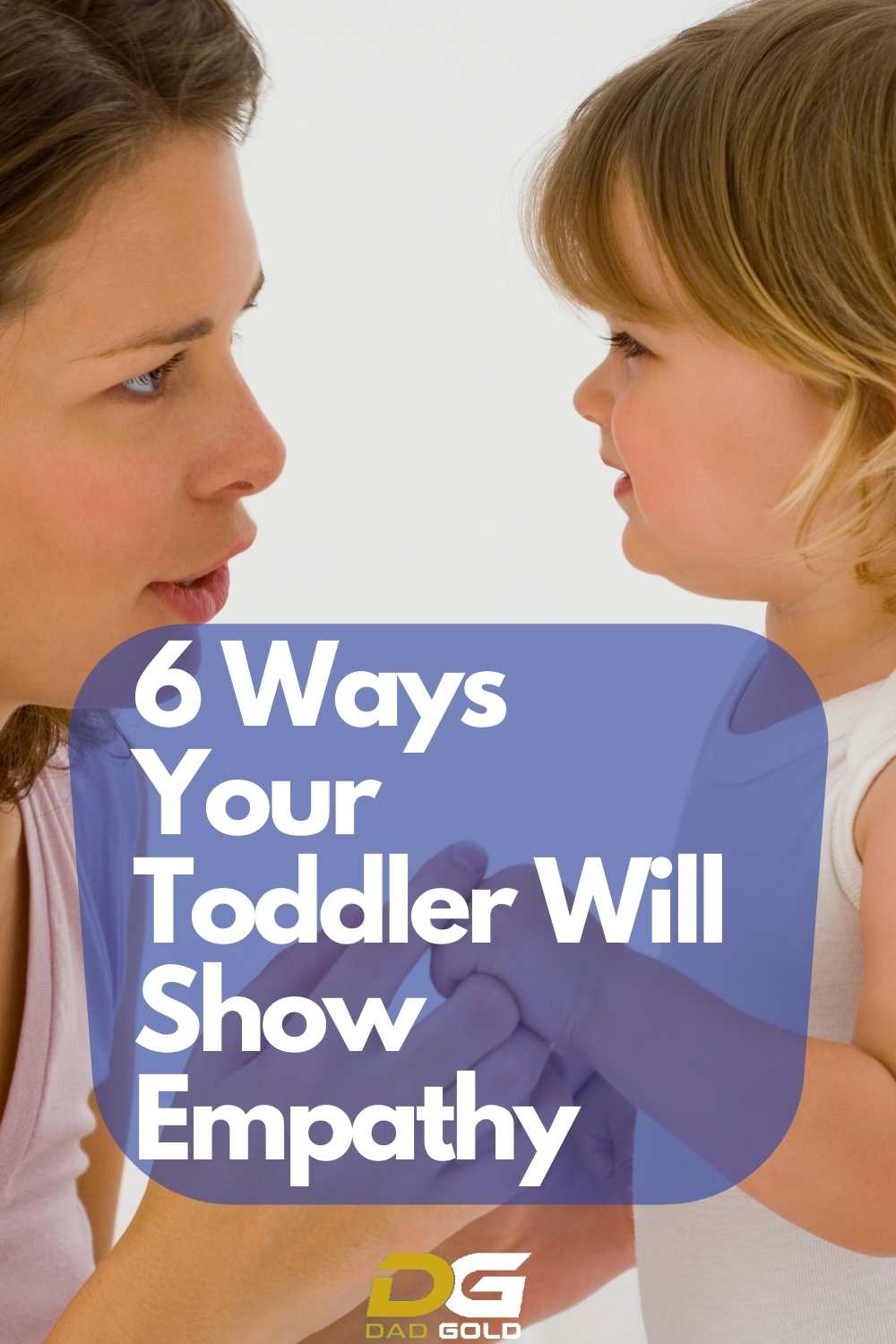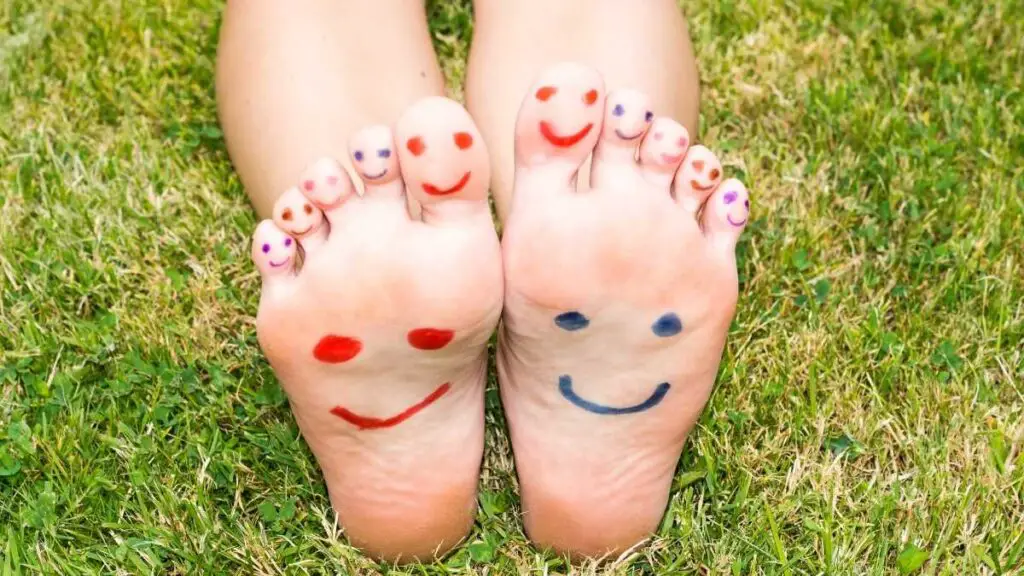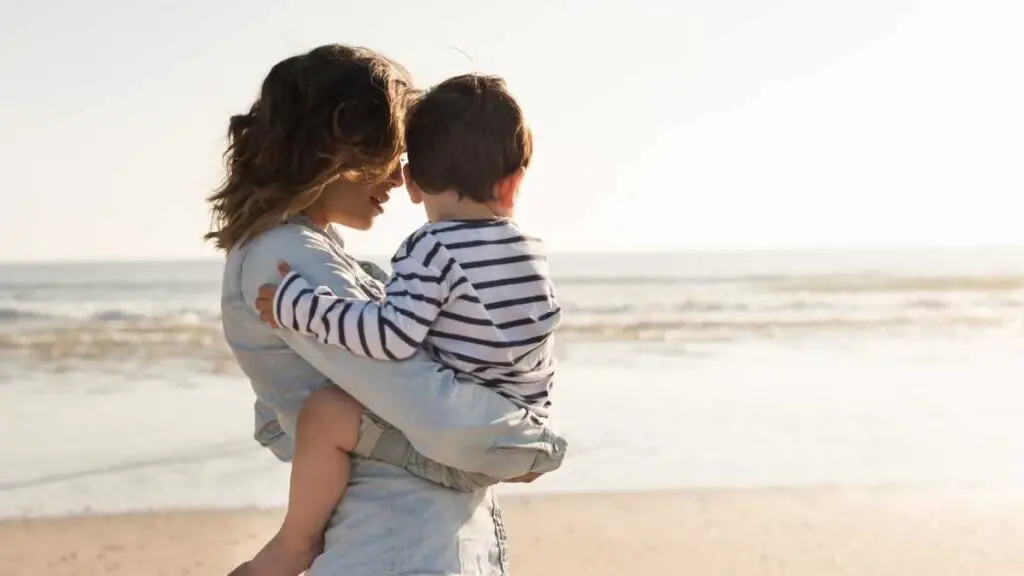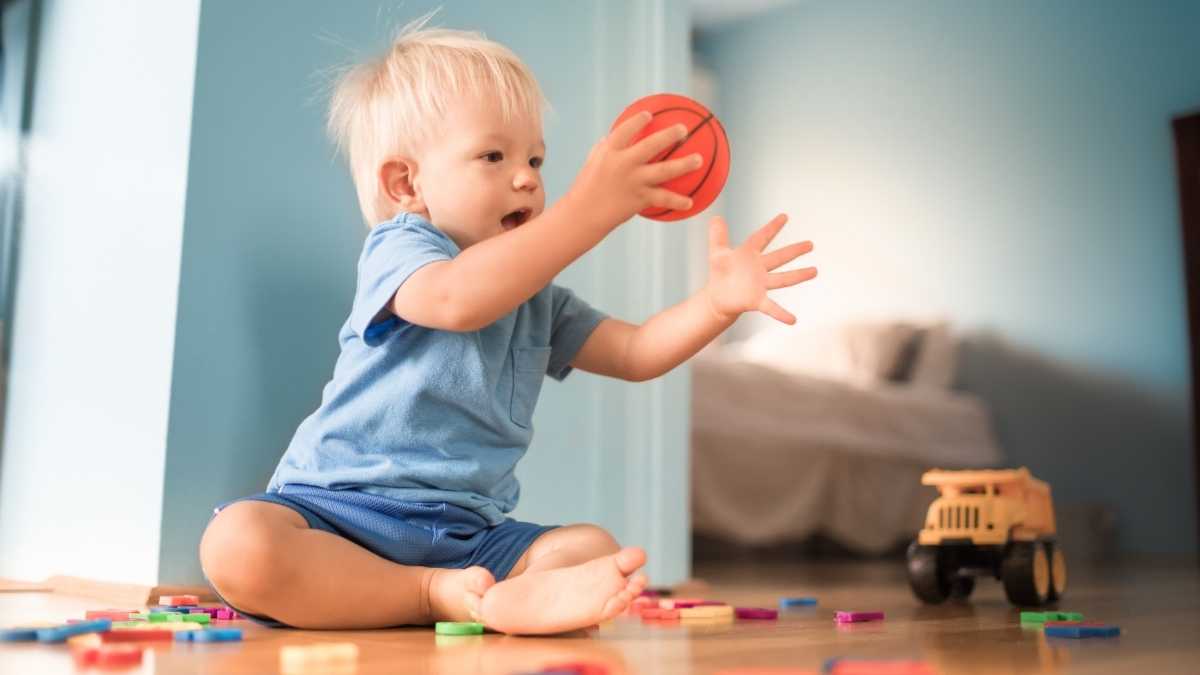You might look at your toddler and wonder if you are doing a good job raising a confident, empathetic human being.
No pressure, but it is more of a challenge to fix later on in your parenting journey if you get it wrong now!
Luckily, I’ve put some details together here that will help you identify empathetic traits in your toddler and how you can help your toddler develop them.
Before we begin, you should begin by taking a deeper look at yourself. Are you empathetic? Do you show it? How do you show it?
Toddlers learn from their parents, so if you show empathy regularly, your toddler will naturally follow you.
Let’s expand on the topic.

What is Empathy?
Empathy refers to how you connect to something. It shows you know and understands what your toddler is experiencing. It doesn’t matter if you don’t know how your toddler feels. In empathy, you can tell your toddler, “Just know you are never alone.”
When your toddler feels supported and understood, they become motivated.
-

Bold Male Pride – Baseball Trucker Cap Celebrating Masculinity
£18.00 Select options This product has multiple variants. The options may be chosen on the product page -

Dad Bod Appreciation Gift Mug
£14.00 Add to cart -

Dad Bod, Bad Jokes Structured Baseball Cap
£22.00 Select options This product has multiple variants. The options may be chosen on the product page
However, how do you know when your toddlers show empathy?
Are there traits that anyone can identify in a child exhibiting empathy?
While it can be challenging for your toddler to understand what empathy means (it is difficult for young children), you can help make it easier for them to display and build empathy in certain situations.
6 Ways That Toddlers Show Empathy
Here are the 6 main ways your toddler will show empathy to you and others around them.
- Physical affection
- Listening
- Offering Help
- Sharing Items, and Toys
- Giving You Attention
- Sorriful Facial Expressions
Ultimately, you are best placed to understand when your toddler shows empathy because you know your toddler better than anyone else.
Here are a few things that will help you identify and build these traits.
How to Identify and Develop Empathy in Toddlers

Validate their Difficult Emotions
When your toddler is angry, disappointed, or sad, you often run to fix the situation immediately.
You want to make them feel happy and protect them from any pain they might be feeling. These feelings are part of life, and your toddler must learn how to cope with them.
Labeling and validating difficult emotions or feelings help your child learn to handle them. For instance, your toddler always wants to have his way.
Allowing him to continue will instill the emotion and mindset always to cry and have his way.
However, showing your child to do what you want can help him learn to empathize with others instead of having his way.
Watch their Actions and Facial Expressions
Most times, your toddler will display empathy through actions. Although you might teach your toddler how to say “I’m sorry,” the toddler may not fully understand what the word means.
Your kids won’t learn empathy because their words and actions don’t match. A meaningful way to see how your toddler shows empathy might be a reaction when playing with their friends.
For instance, your toddler is playing with your neighbor’s child and pushes her down.
Instead of getting angry with your toddler, you can focus your toddler’s attention on the other person’s feelings. Amanda, look at Chandra – she’s crying. She’s very sad because you push her.
From here, you can see your toddler’s reaction. Doing this will help connect Amanda’s action (shoving) and Chandra’s reaction (crying or feeling sad).
Don’t assume that your toddler will connect instantly, but if the incident continues and you always correct your child, the child will grow up feeling that what they did was wrong.
This way, your child will develop empathy when someone is crying or feeling sad.
Understand their Feelings

To understand their feelings, you must tap into your own experience.
If you have had a toddler before, you can take that experience to nurture the child. However, if it is your first child, think about how you would feel in the same situation. Don’t overdo this because kids have their own unique experiences.
You are the best model for your toddler. Your toddler watches everything you do and how you react and behave.
Model empathy is a way for your toddler to learn why to show empathy. Show compassion and empathy; do king things to people.
When your child feels emotionally down, empathize with them. When you do this, you help them empathize when someone else is going through a similar challenge.
Read Story Books
Another way to help your child show empathy is by reading stories to them. Read quality stories with morals to each story. It doesn’t matter how old your toddler might be; it helps develop the skill of empathy.
Find stories that illustrate forgiveness, kindness, love, and care. Throughout the story, highlight essential characters and their actions. Tell your child to consider themselves in such a situation; ask them what they feel.
You will observe that your child will develop empathy in certain situations because of the books and illustrations you read.
Consider books that teach your toddler emotions and how to deal with them.
Practice Mindfulness

Teaching your toddler mindfulness is an essential way to them keeping touch with their emotions and feelings.
Empathy is about how your feelings and emotions connect to something or an event. Practicing mindfulness can help teach them how to be compassionate and sympathetic to others.
Conclusion
Empathy and emotional intelligence are synonymous with each other. Your toddler might hardly show empathy at their age; you have a responsibility to help them develop it. You have to teach and name these feelings for them to understand.
When you feel a particular emotion, explain it to them. Please help them understand when someone feels angry, jealous, sad, or joyous.
Once they can relate to these feelings, they can recognize them when others display them.
Furthermore, you can also practice role-playing, where you react in a certain way and tell your child to respond. Today, several books can help show you how to nurture your child’s empathy. Remember, empathy is a learned trait that your child can exhibit.
Everyone can feel empathy. However, you must help your toddler show empathy and feel sensitive when situations warrant them to do so.
Remember, young children, develop at different rates. Keep an eye on early signs of developing empathy!
Good luck.







